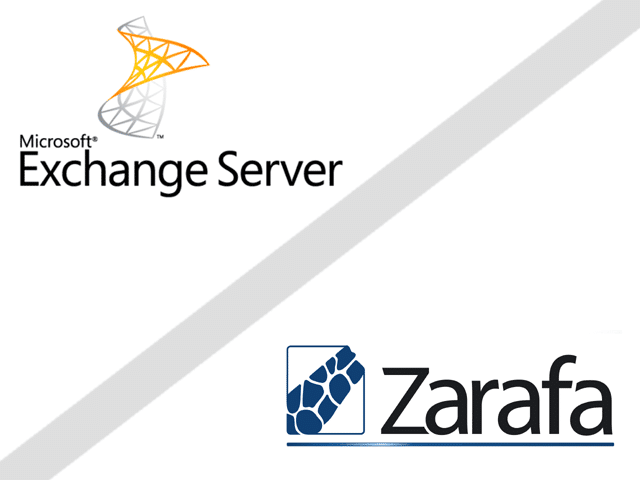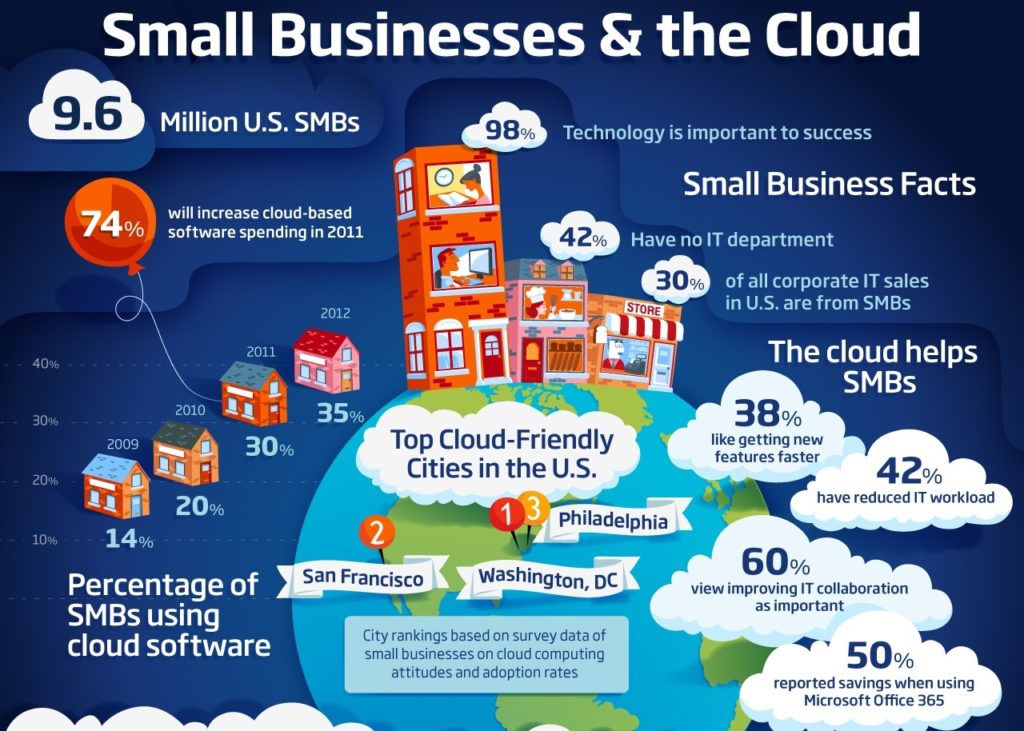Essential IT Support When Disaster Strikes

Managed IT services are now an essential element to any small or medium size business infrastructure. No longer are only the big boys at the mercy of hackers and other cyber crime, in fact, statistics show that small and medium size businesses are now considered at a higher risk for data breach. IT support can […]
Why Microsoft Exchange No Longer Has a Lock on Business Email

One interesting thing about Microsoft’s recent communications regarding its public beta of Office 2013 is that the emphasis has been entirely on the client-side and cloud-based aspects. To learn anything more about the new Microsoft Exchange server requires more digging. This is a sign of how Microsoft is shifting focus, and though it is keeping […]
Cloud Network Migration is the Wave of the Future

Having all of your personal, or business files on your computers hard drive takes up a lot of space. Most people run out of their computers hard drive space eventually. One option is to set up your own network, but that is difficult and time consuming. Migrating your files to a secure cloud based service […]
Why There Should Be No Fear of Completely Cloud-Based Operations
In a Computer Weekly round table featuring IT executives discussing the most important transformations occurring in data centers, UK CIO at City broker ICAP Jack Scard-Morgan, had the following to say about cloud computing: “There are 20 different definitions of what cloud is and we have different comfort zones of what we are happy to […]
IT Network Support Why the Options Have Never Been Better for Small Medium Business (SMB)

It is very difficult in the modern age to understand how dominant the Microsoft Windows brand once was at every level of business. Though Microsoft is still going on strong, it is diversifying its offerings as it must compete with many other tech vendors. This is very different from the 90s and most of the […]

